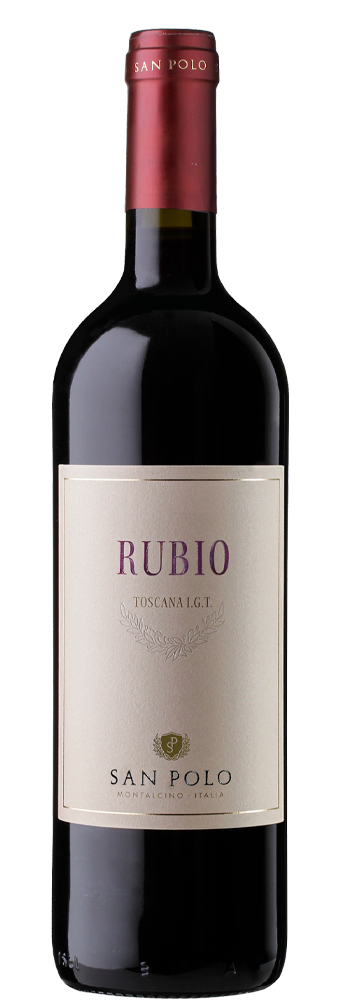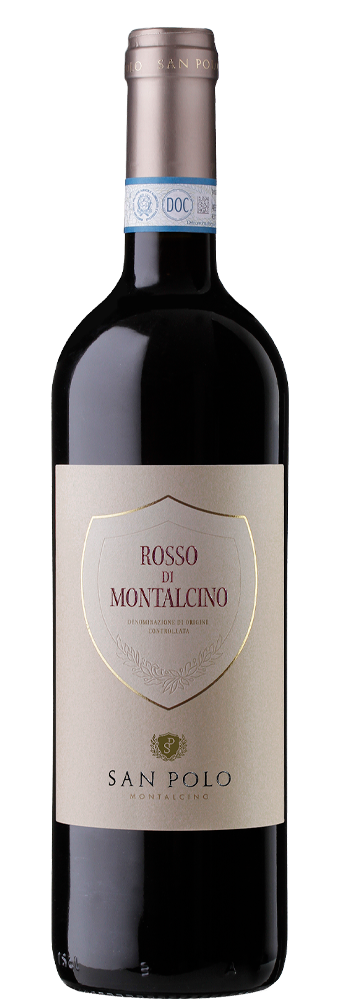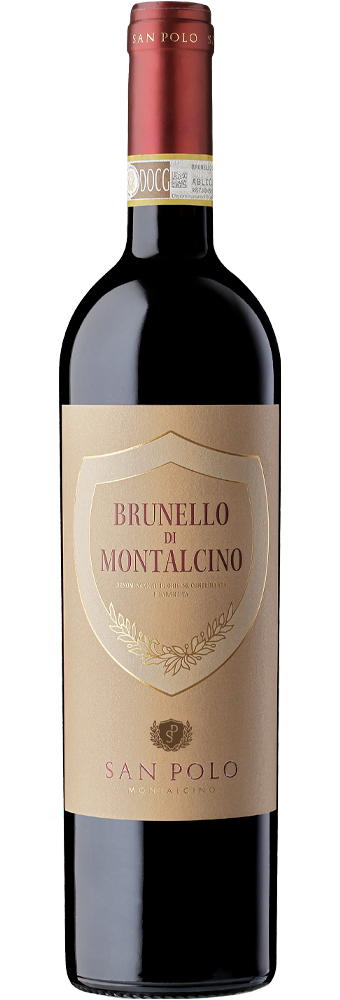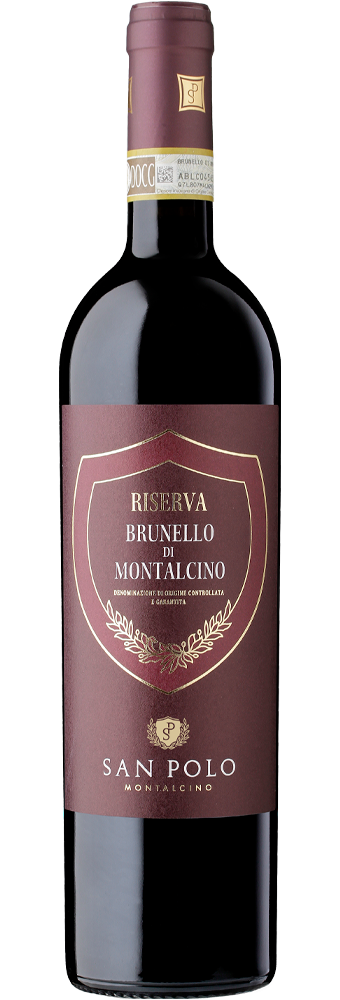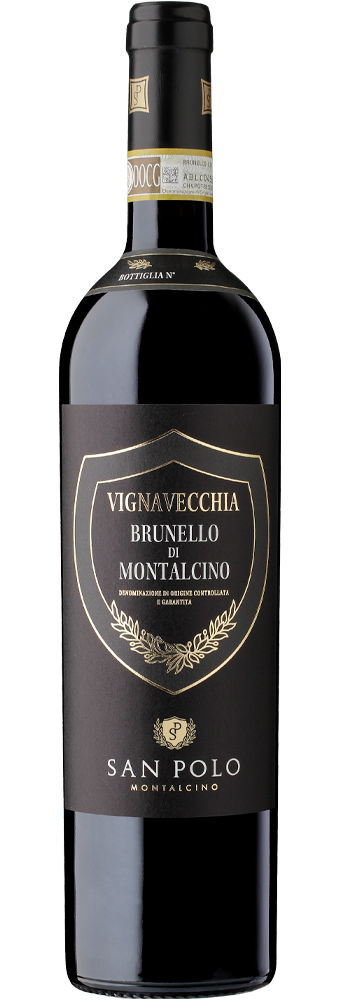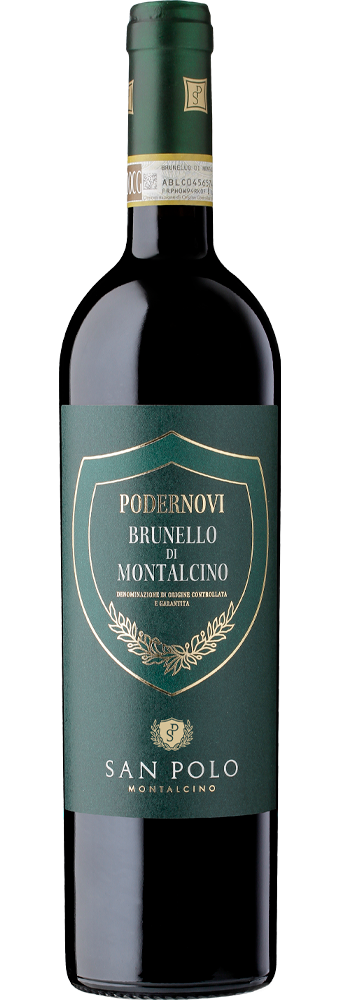
Podernovi
Brunello di Montalcino DOCG
Podernovi, San Polo’s new single vineyard Brunello, makes its debut with the extraordinary 2015 vintage. Crafted with Sangiovese grapes grown in the vineyard synonymous with the wine, it is among the most beautiful and archetypal of Montalcino. Podernovi is an elegant and poignant Brunello.
Climate trend
Following a mild and notably dry winter, the vines awoke earlier than usual, with budding beginning ahead of the seasonal norm.
This early start, however, was soon challenged by a sudden return of colder temperatures in the spring. Unseasonal weather conditions, including unexpected snowfall in April, caused a temporary slowdown in vegetative growth. Fortunately, the vines demonstrated remarkable resilience. As temperatures stabilized, growth resumed rapidly, culminating in a particularly vigorous and healthy flowering phase. The summer that followed was characterized by intense heat and a prolonged absence of rainfall. These dry conditions encouraged the vines to regulate their development with
balance and restraint, avoiding excesses and showing no signs of water stress or fatigue. This self-regulated pace of maturation ultimately contributed to the composure and balance of the fruit. By the time of harvest—carried out on September 24th and 25th for this particular wine—the grapes stood out for their impressive concentration, aromatic precision, and natural finesse. In the cellar, a gentle but extended maceration process lasting over a month was employed, extracting structure and depth without compromising elegance. As a result, the 2020 vintage reveals itself as one of great character and complexity, holding considerable promise for graceful evolution over time.
Vintage rating
-
-
Grape varieties
Sangiovese 100%
-
-
Vineyard
Podernovi – 3 hectares
Harvest
Grapes are hand harvested in small 17 kg crates during the first October weeks
-
Size
750 / 1.5 lt / 3 lt
-
-
Vinification
Soft crushing of the grapes after careful selection of the berries
Ageing
30 months in lightly toasted 4000 L casks. This is followed by at least 6 months of bottle ageing before its market release.
Fermentation
In 2500 L tapered Slavonian oak vats
Malolactic fermentation
In 4000 L wooden casks
